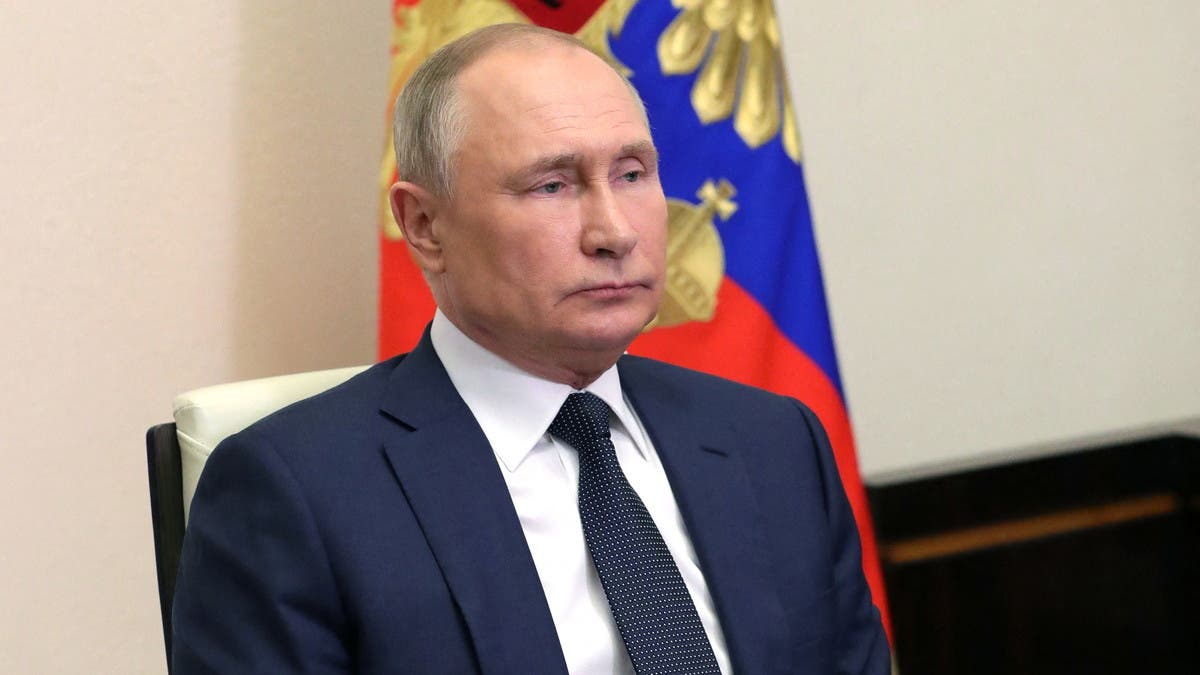As the world’s wealthy democratic powers roll out a new round of sanctions against Russia in response to horrifying images of executed Ukrainians in the city of Bucha, it has become clear that the easiest options are now exhausted and stark differences have emerged among allies over next steps.
The European Union is set to take a first stab at Russia’s energy sector in response to its invasion of Ukraine launched in February, banning imports of Russian coal. But EU countries remain divided over whether and how to restrict Russia’s gas and oil sectors that are more critical to their economies.
For the latest headlines, follow our Google News channel online or via the app.
The United States and Group of Seven allies announced new sanctions on Russian financial institutions, state-owned enterprises and more Russian government officials and their family members. The United States also has banned Americans from new investment in Russia and barred Moscow from paying sovereign debt holders with money in US banks.
The moves may send Russians back to an austere 1980s Soviet-style lifestyle, as a US official put it. But they are unlikely to put much of a dent in Russia’s energy revenues, the lifeblood of its economy and fuel for its Ukraine invasion, according to US sanctions analysts.gas consumption, which the International Energy Agency values at more than $400 million per day. The EU gets a third of its oil imports from Russia, about $700 million per day.
Russia supplies around 40% of the European Union's natural at more than $400 million per day. The EU gets a third of its oil imports from Russia, about $700 million per day.
“We are at the point where we have to take some pain,” said Benn Steil, international economics director for the Council on Foreign Relations think tank in New York. “The initial batches of sanctions were crafted as much to not hurt us in the West as much as they were to hurt Russia.”
Divisions over imposing sanctions on Russian energy were apparent on Monday, when Austrian Finance Minister Magnus Brunner voiced opposition to sanctions on Russian oil and gas, telling reporters in Luxembourg that these would hurt Austria more than Russia.
Hours earlier, French President Emmanuel Macron said the killings of civilians in Bucha made clear the necessity of a new round of sanctions on Russia targeting oil and coal. Lithuania on Saturday said it would stop importing Russian gas to meet its domestic needs and end “energy ties with the aggressor.”
Next steps
Next steps could include banning more Russian financial institutions from dollar and euro transactions, including Russia’s largest lender Sberbank, which was left out of the harshest sanctions already imposed partly to limit the pain for Russia’s people, according to Daniel Tannebaum, a former compliance officer at the US Treasury Department’s Office of Foreign Assets Control.
Russian bank Gazprombank, thus far spared because of its role in energy finance, also could become a target, sanctions experts said.
The United States has been pushing European allies to inflict more pain on Russia while trying to make sure that the alliance against President Vladimir Putin does not fray, a balance that only gets tougher.
“You’ve kind of hit the ceiling – on both sides of the Atlantic – for what can be done easily and what can be done in short order,” said Clayton Allen, US director at the Eurasia Group political risk consultancy, said of sanctions.
To move to a tougher round of sanctions, US officials will need to provide some assurances to European countries that energy markets and supplies can be stabilized to avoid severe economic hardship, Allen said. An economically weakened EU helps no one, Allen added.
“If Western Europe is plunged into a recession, that’s going to drastically limit the amount of support – both moral and material – that they can provide to Ukraine,” Allen said.
US Secretary of State Antony Blinken is expected to press the case for more actions in Brussels this week at NATO and G7 meetings of foreign ministers. US Deputy Treasury Secretary Wally Adeyemo held similar meetings last week in London, Brussels, Paris and Berlin.
The US Treasury Department said on Monday that Adeyemo at meetings with senior German government officials “discussed ways to increase costs on Russia while mitigating spillover effects.”
Despite recent additions of dozens of Russian companies to the US Treasury’s sanctions list, “substantial” legal commerce continues between Russia and the West, from energy to metals and grain, said Tannebaum, who leads consulting firm Oliver Wyman’s anti-financial crime practice.
There also are still loopholes to close, including continued sales by German and French companies into Russia, and the ongoing hunt for luxury yachts and other assets parked by Russian oligarchs, according to one European diplomat involved in sanctions talks.
Read more: Pentagon can’t ‘independently’ confirm images out of Ukraine’s Bucha: US official

 World3 years ago
World3 years ago
 World3 years ago
World3 years ago
 Business1 year ago
Business1 year ago
 Entertainment7 years ago
Entertainment7 years ago
 World7 years ago
World7 years ago
 Entertainment7 years ago
Entertainment7 years ago






